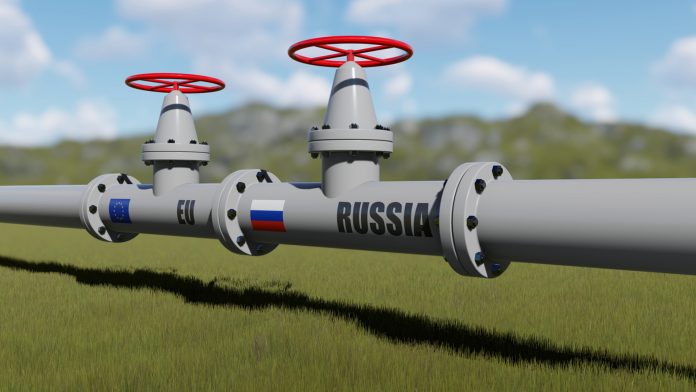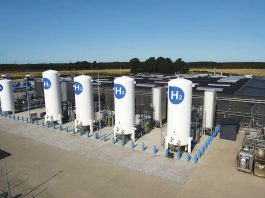A team of US researchers has pioneered a new model they believe can eliminate Europe’s dependency on Russian gas imports.
Experts from Binghamton University have designed a new method for Europe to end its reliance on the importation of Russian natural gas using a novel power sector model. The breakthrough could be vital as countries across the continent look to ensure their energy supplies during such uncertain times caused by Russia’s invasion of Ukraine.
The research, ‘Europe’s way out: Tools to rapidly eliminate imports of Russian natural gas,’ was published in Joule.
Energy impacts of the Russian invasion
Russia’s attack on Ukraine has thrown the energy mix of countries across Europe into turmoil and highlighted the extent of Europe’s Russian gas imports. Estimates show that in 2021, the European Union imported 155 billion cubic metres of Russian natural gas – equating to 45% of EU gas imports and around 40% of its total gas consumption.
The European Commission’s REPowerEU plan outlines a path for Europe to reduce Russian gas imports by two-thirds by the end of 2022, completely eradicating imports by 2027. The plan includes four policy levers to achieve this goal in the short term.
They include:
- Increase pipeline gas and liquified natural gas from non-Russian sources;
- Mitigate gas demand in heating and industry;
- Alleviate gas-fired electricity generation; and
- Adopt flexible gas storage targets.
To enhance these strategies, university researchers have developed a power sector model for Europe and a gas model to analyse multiple feasible pathways to achieve complete independence from Russian gas.
The team’s research provides insights for building a robust decision under parametric and structural uncertainty, in addition to an evaluation of low-carbon technologies and the impacts of policy scenarios on energy systems.
Transitioning away from Russian gas
For their investigation, the researchers modelled European natural gas and electricity systems to analyse the feasibility and potential impacts of a near-complete embargo of importing Russian gas starting in October.
The results illuminated that Europe can abolish its reliance on Russian gas by adjusting REPowerEU plans with a short-term boost in coal and recalibrated gas storage.
Neha Patankar, an assistant professor in Binghamton University’s Department of Systems Science and Industrial Engineering, commented: “All successful gas independence pathways increase reliance on coal-fired electricity generation but reduce overall greenhouse gas emissions due to offsets from lower gas demand.”
For this strategy to be effective, these actions will need to be implemented for the next two winters.
Patankar concluded: “Increasing renewables, electrification of heating and liquified natural gas imports will steadily replace the current policy levers and maintain Europe’s long-term energy transition.”









